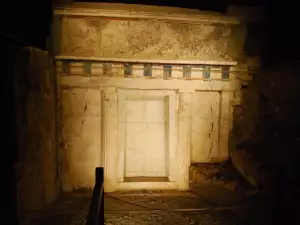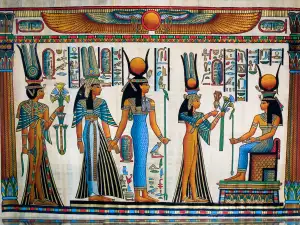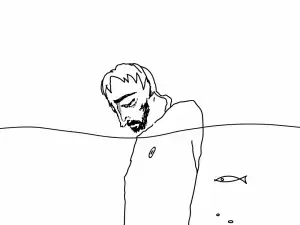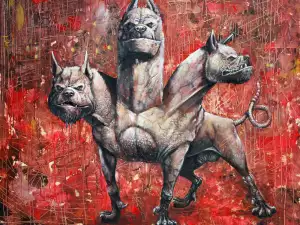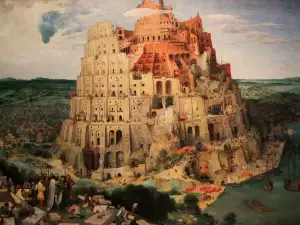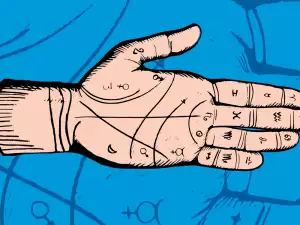A Magna Charta of freedom or even the Great Charter of Liberties, is an act or contract which effectively limits the power of the king. The limitation is mainly to amintain the rights and interests of the aristocracy, the citizens of the royal authority.
This contract was signed in 1215 on June 15, Bezzemni by King John, who was forced to sign it by the English nobility. Because of the abuses of King John of power he had, the English nobles insisted that he sign the Great Charter of Liberties, which protected not only themselves, but also ordinary English citizens.
The unjust government that had been under King John, had the opposition come up with very important principle, which is contained in the Great Charter of Liberties, namely that all are equal before the law, neither the king nor the legislature can and should not think that they stand above it.
Another important principle in Magna Carta is the independence of the English Church. This contract clearly stated that the church must be free to fulfill its mission as commanded by God.
King John, which historically is one of the least loved kings in England , after less than a year, cancelled the charter. After he died, his son Henry III ascended the throne, who, however, confirmed the Magna Carta, and afterwards Edward I, and Edward II did the same.
In the 15th and 16th centuries, the Charter was virtually forgotten, but during the English Revolution, it played a crucial role - the opposition used it to explain that the king is not above the law and can and must be controlled.
The first Magna Carta, which was signed in 1215, is not stored, but a few copies are kept in the UK. In fact, the Great Charter of Liberties was adopted in the 1689 Bill of rights, which states that the monarch can run only if he has consent of Parliament. This law was passed during the Glorious Revolution (1688).

